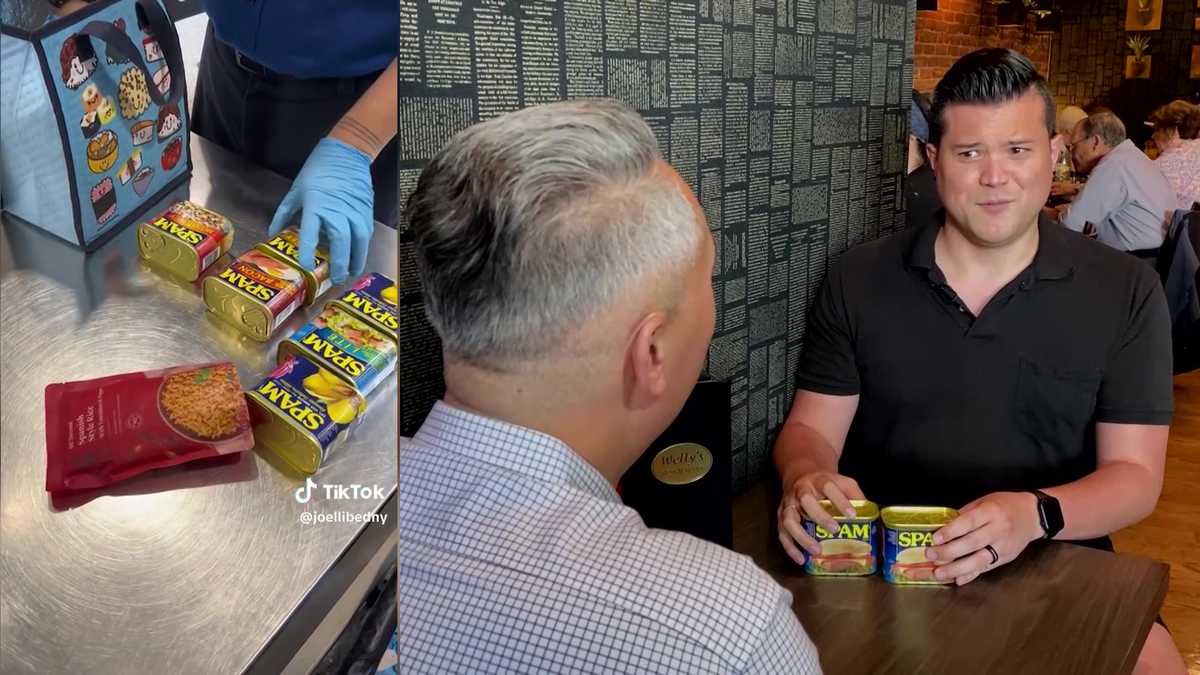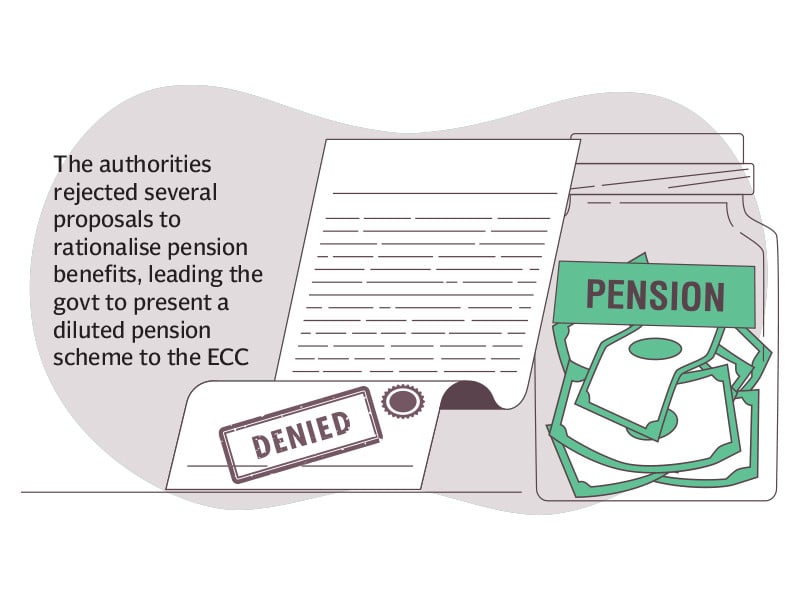ISLAMABAD:
The Special Investment Facilitation Council (SIFC) has given a deadline of November 10 to the Petroleum Division for addressing the challenges being faced by oil refineries, which prevent the signing of plant upgrade agreements under the Brownfield Refinery Policy 2023.
Sources told The Express Tribune that a working group on downstream policy issues recently held a meeting under the SIFC umbrella at the Prime Minister’s Office.
SIFC also decided that the Oil and Gas Regulatory Authority (Ogra) chairman would certify in writing that all standard operating procedures (SOPs) and regulatory guidelines related to the import of fuel and the utilisation of petroleum product stocks at refineries were strictly adhered to.
The Oil Companies Advisory Council (OCAC) – a lobby group of refineries and oil marketing companies, has repeatedly alleged in recent months that the regulator had permitted the import of diesel despite the availability of surplus stocks at local refineries.
During the working group meeting, oil refineries took up issues of sales tax exemption, smuggling of petroleum products and Ogra’s permission for high-speed diesel import.
Refineries told meeting participants that those challenges were the key hurdles in the way of signing plant upgrade agreements and the unresolved issues were causing an annual foreign exchange loss of $1 billion.
The SIFC directed the Petroleum Division to address the issues which, if resolved, would lead to the production of environmentally friendly Euro-V fuels by the local refineries.
At the huddle, the OCAC gave a briefing on the critical challenges faced by the refineries. It underscored the adverse impact of issues like sales tax exemption, rampant smuggling of petroleum products and uncontrolled diesel imports on refinery operations and profitability, noting that their resolution was pivotal for the signing of agreements under the Brownfield Refinery Policy.
The Ministry of Energy (Petroleum Division) informed meeting participants that a comprehensive summary to resolve the sales tax complaint was being processed for necessary approval.
Ogra outlined the ongoing efforts to combat the smuggling of petroleum products through a coordinated approach involving the law enforcement agencies, the district administration and the regulator itself.
Additional engineers have been hired to strengthen the inspection teams tasked with identifying and shutting down the illegal retail centres selling smuggled petroleum products.
The SIFC urged the Petroleum Division to expedite the resolution of the sales tax exemption matter and enhance Ogra’s capacity to lead the campaign against fuel smuggling. This campaign will involve collaboration between the Petroleum Division, Ogra, SIFC and the provincial and local administrations.
Meeting participants took a few decisions to address the concerns of refineries. It was decided that the Petroleum Division would ensure the resolution of the issue of sales tax exemption for petroleum products, in collaboration with the Finance Division and the Federal Board of Revenue (FBR) by November 10, as it was affecting the viability of brownfield refinery upgrading projects.
It was agreed that the Petroleum Division would present a comprehensive plan for the elimination of illegal petroleum outlets, in association with Ogra, the provincial authorities and industry stakeholders by November 7, which would curb the sale of substandard fuel.
Ogra was given the task of removing substandard and below-specification fuel from the market. It was decided that the FBR would present a plan with timelines by November 7 to pave the way for tax refunds to the oil marketing companies.





